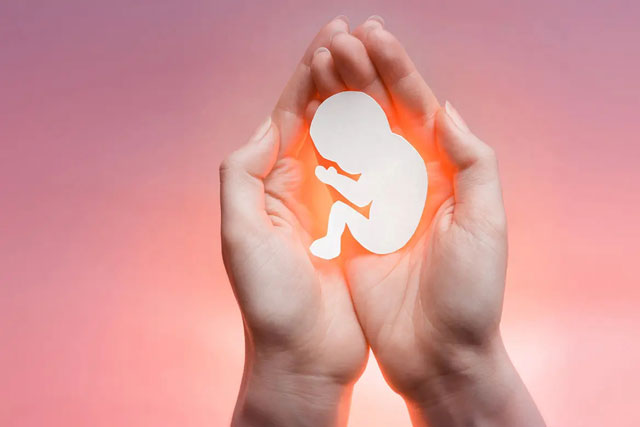Daijiworld Media Network - Mumbai
Mumbai, Nov 9: For many couples, the journey toward parenthood begins with dreams of joy and new beginnings. But when that path is interrupted by miscarriage, it brings a silence filled with grief — a pain that is deeply personal yet shared by countless families across the world.
Speaking to The Times of India, Dr Soumya Shetty, Fertility Specialist at Nova IVF Fertility, Chembur, said, “Miscarriage is heartbreaking for couples who have been trying to conceive for a long time. While it often occurs due to natural causes beyond one’s control, understanding the reasons can help in early diagnosis, healing, and planning for a healthier pregnancy.”

According to the American College of Obstetricians and Gynecologists (ACOG), nearly one in four pregnancies ends in miscarriage, often before a woman even realises she is pregnant. While a single miscarriage is usually a random event, recurrent losses may indicate underlying medical, genetic, or anatomical causes that need deeper evaluation.
The science behind miscarriage
Dr Shetty explained that miscarriages occur due to a mix of genetic, hormonal, uterine, and lifestyle factors:
• Chromosomal abnormalities: Nearly 50–60% of early miscarriages result from genetic errors in the embryo. “It’s nature’s way of ensuring only healthy embryos develop,” said Dr Shetty. Genetic counselling and early testing can help couples understand their risks.
• Hormonal imbalances (PCOS and thyroid): Conditions like polycystic ovary syndrome (PCOS) or thyroid disorders can disrupt the hormonal balance necessary for implantation. Correcting these issues improves pregnancy outcomes, studies show.
• Uterine abnormalities: Structural issues such as fibroids, adhesions, or a uterine septum can affect implantation. A 2022 study in Frontiers in Medicine found that surgical correction can raise live birth rates to over 70%.
• Lifestyle and environmental factors: Smoking, alcohol, obesity, and high caffeine intake increase miscarriage risk. Chronic stress and pollution also affect uterine health. “Good health begins long before conception,” Dr Shetty emphasised.
• Maternal age: After 35, the chances of chromosomal errors increase. However, IVF and genetic testing now allow doctors to identify healthy embryos and improve success rates.
Healing beyond the physical
Miscarriage leaves emotional scars that often go unseen. Studies suggest that nearly one in three women experience post-traumatic stress after a miscarriage. Guilt, silence, and self-blame can linger unless addressed through compassionate care.
“Alongside medical support, emotional well-being plays a pivotal role in recovery,” said Dr Shetty. “Grieving, talking, and seeking professional guidance help women heal without guilt or isolation.”
Fertility clinics now integrate counselling, nutrition guidance, and mindfulness therapy into treatment plans, helping couples recover both physically and emotionally.
Building a healthier foundation
Experts recommend simple lifestyle choices to improve fertility and overall health:
• Prioritise rest and mental wellness; mindfulness has been shown to boost fertility outcomes.
• Eat foods rich in folate, iron, and omega-3 fatty acids.
• Limit caffeine, avoid smoking and alcohol.
• Maintain a healthy weight, as even a small reduction can regulate ovulation in women with PCOS.
• Engage in light physical activities like yoga and walking to support hormonal balance.
Hope after heartbreak
While miscarriage can feel like an ending, it rarely is. Advances in fertility science and holistic care mean that most women go on to have healthy pregnancies.
“Miscarriages are painful,” said Dr Shetty, “but with proper medical guidance and emotional care, couples can rebuild confidence and find hope again.”
In the quiet aftermath of loss, healing begins — not by forgetting, but by understanding. Fertility is not only about creating life but also about nurturing resilience and allowing hope to bloom once more.